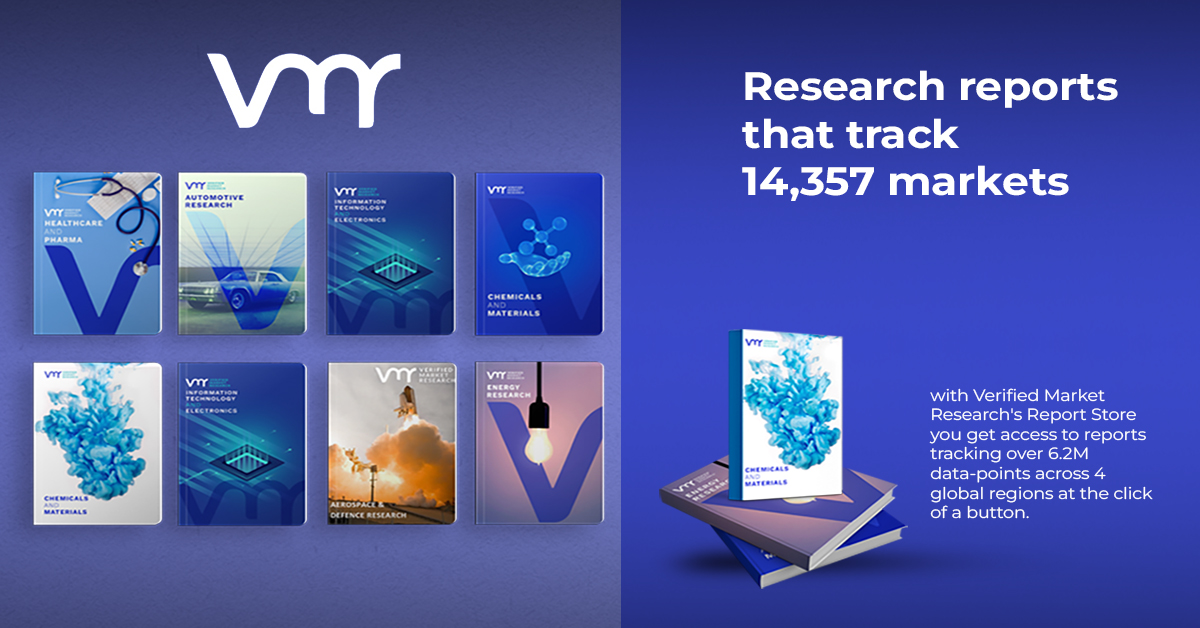Bio Retinol Market Trends 2024: Innovations, Growth Drivers, and Challenges
The Bio Retinol market is experiencing notable growth, projected to expand significantly through 2030 due to the rising demand for natural and sustainable skincare alternatives. As a plant-based counterpart to traditional retinol, Bio Retinol is gaining traction for its gentler approach to skin rejuvenation, anti-aging, and addressing sensitivity issues.
Why Bio Retinol is Transforming Skincare
Bio Retinol has emerged as a key ingredient in the cosmetics industry due to its effectiveness and eco-friendliness. Unlike synthetic retinol, which can cause irritation, Bio Retinol mimics retinol’s benefits while reducing side effects, making it suitable for diverse skin types. This aligns with consumers’ growing preference for organic and clean beauty products.
Key Market Developments
- Technological Advancements: Companies are leveraging innovative formulations and digital skin analysis tools to create targeted products. For instance, Korean brand Cosrx introduced Retinol 0.3 Cream, showcasing advancements in anti-aging solutions.
- Strategic Acquisitions: In July 2023, Croda International acquired Solus Biotech, a specialist in biotech-derived retinol, to expand its portfolio in health and beauty markets.
- Regional Dynamics: Europe led the Bio Retinol market in 2023, while North America is predicted to show the fastest growth due to high consumer awareness and spending on premium skincare.
Consumer Trends Driving Growth
- Natural Ingredients: Bio Retinol resonates with the clean beauty movement, appealing to environmentally conscious buyers.
- Increased Awareness: Digital platforms and influencers amplify education about retinol’s benefits, propelling demand.
- Multi-functional Products: Consumers prefer products addressing multiple concerns, such as hydration, anti-aging, and brightening, fueling Bio Retinol’s versatility.
Challenges Ahead
- Cost and Scalability: Bio Retinol’s production remains costlier than synthetic versions, posing pricing challenges.
- Consumer Education: While awareness grows, misconceptions about retinol need addressing to drive adoption.
- The market’s future looks promising with innovation at the core. Brands are exploring hybrid formulations, combining Bio Retinol with complementary ingredients like peptides or ceramides. Regions like Asia-Pacific and North America are critical for expansion, given their consumer bases and market dynamics.
Bio Retinol’s rise underscores the industry’s pivot towards sustainable luxury, making it a cornerstone in the evolving beauty landscape.









